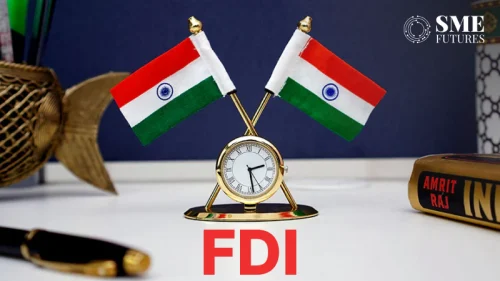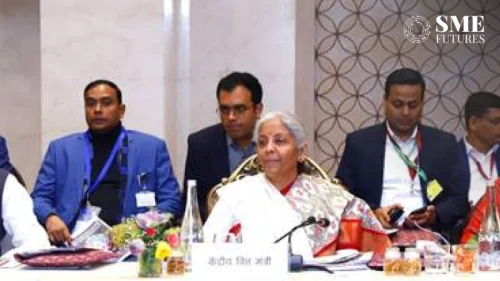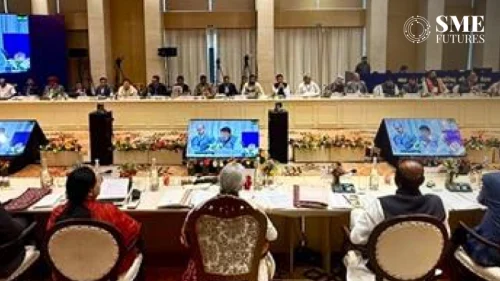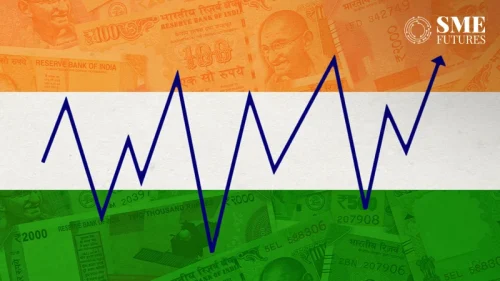Investment by telecom companies under the production-linked incentive scheme has crossed the halfway mark of Rs 2,419 crore, resulting in the employment of 17,753 people, Telecom Minister Ashwini Vaishnaw said on Tuesday.
The Government shortlisted 42 companies in October 2022 that committed a total investment of Rs 4,115 crore and are likely to generate additional sales of Rs 2.45 lakh crore and employ over 44,000 people during the six-year scheme period ending 2025-26.
“Today, in the telecom sector, we have crossed a major milestone where PLI-supported companies have already completed an investment of Rs 2,419 crore, where the sales are at Rs 34,516 crore, exports are Rs 7,600 crore, and employment is 17,753. This is a great milestone for the telecom industry,” Vaishnaw said.
He was speaking during the virtual inauguration of a production line to manufacture 4G and 5G connectivity modules and data cards for US-based Telit Cinterion by domestic firm VVDN.
“Very complex manufacturing has started, and young girls are getting trained in handling complex machines. This is the success of Make in India, and this is the success of our Prime Minister’s vision,” Vaishnaw said.
VVDN is one of the companies shortlisted under the PLI scheme.
In a veiled attack on former RBI governor Raghuram Rajan, the minister said critics of “Make In India” should visit VVDN plants to see the depth that the country is acquiring in telecom and electronics manufacturing.
Rajan in a social media post a few months back had raised questions on value addition taking place in electronics manufacturing.
The Minister said telecom equipment was being imported into the country for a long time, and it was unimaginable to manufacture and export telecom equipment from the country.
“Today, telecom equipment manufactured in India is exported to many countries, such as the US, European countries and Japan. These are highly developed countries and we feel proud that our products are accepted as high quality in these countries. We should continuously strive to maintain the quality of the products and consistency in our production system,” Vaishnaw said.
He said that 5G was launched last year, and within a year, Bharat has become the third largest ecosystem for 5G in the world.
“The speed at which things were done is a matter of great pride. ITU has accepted our inputs in the standardisation of 6G. This process will be further strengthened in the coming years. We are working towards positioning in India as a leading standard and IT contributor to the 6G journey,” Vaishaw said.











